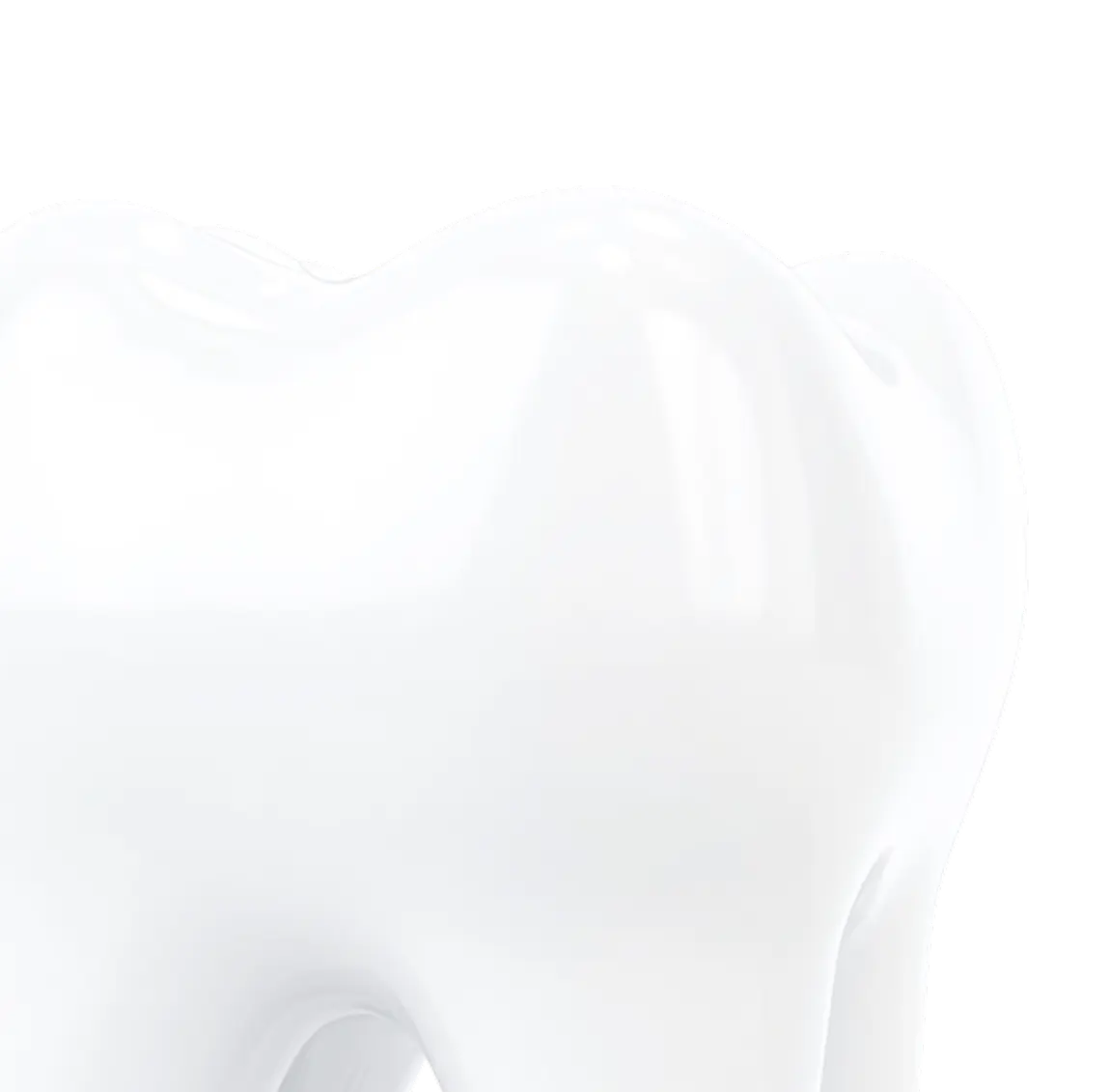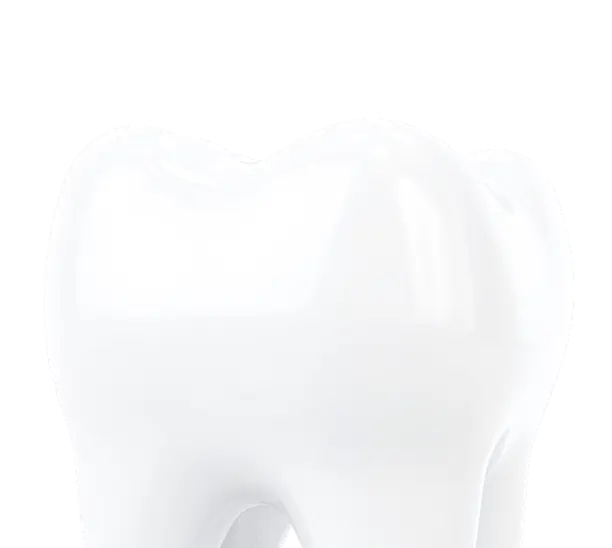What is the D4346 dental code?
Ensure you are using this important code for the right procedures


The D4346 dental code represents scaling in the presence of generalized moderate or severe gingival inflammation, full mouth, after oral evaluation. It is a therapeutic procedure in which plaque, calculus, and stains are removed from supra- and subgingival tooth surfaces in patients with generalized moderate to severe gingivitis without clinical or radiographic evidence of periodontitis.
You use D4346 for patients who present with swollen, inflamed gingiva, suprabony pockets, and moderate to severe bleeding on probing throughout the mouth, typically involving at least 30% of the dentition. There should be no bone or attachment loss, confirmed with periodontal charting and radiographs.
Introduced in 2017, D4346 fills the gap between prophylaxis (D1110) and periodontal scaling and root planing (D4341/D4342). Before this code existed, many of these cases were either undercoded as a prophy or overcoded as SRP. D4346 lets you report gingivitis-level therapy accurately for patients who need more than a routine cleaning but do not yet meet criteria for periodontal therapy.
D4346 is reported as a full mouth procedure after an appropriate oral evaluation and should not be billed on the same date as prophylaxis, SRP, or full mouth debridement. In your documentation, you should clearly note generalized moderate or severe gingival inflammation, bleeding on probing, lack of bone loss, and the full mouth nature of the treatment.
Benefits of using the D4346 code in your dental practice
Using D4346 correctly helps you bridge the diagnostic and coding gap between “simple cleaning” and periodontal therapy. It supports clinical accuracy, stronger communication with payers, and clearer explanations to patients about why their treatment and fees differ from a standard prophy.
Accurate documentation for specialized care
D4346 gives you a precise way to document cases that fall between prophylaxis and scaling and root planing. Instead of forcing you to choose between a preventive prophy code and a periodontal SRP code, D4346:
- Captures full mouth scaling for generalized moderate or severe gingivitis.
- Reflects that the patient has active inflammatory disease but no attachment or bone loss.
- Aligns your clinical diagnosis of generalized gingivitis with your procedure code.
That alignment makes your records more defensible and your hygiene program more consistent, especially when different providers are diagnosing and treating gingivitis.
Streamlined insurance claims
When you report D4346 with complete documentation, insurers can see that you are treating a distinct disease state, not simply upgrading a prophy or downgrading SRP. Clear coding and charting help:
- Reduce downcoding to D1110 when documentation supports generalized gingivitis therapy.
- Minimize denials that stem from missing evidence of inflammation or a lack of radiographs.
- Clarify why the fee and benefit category differ from a routine “cleaning.”
Many payers treat D4346 as a periodontal benefit rather than a preventive one, so high-quality documentation is especially important for smooth claim adjudication.
Better patient care categorization
D4346 helps you categorize patients more accurately along the continuum of health and disease. In practical terms, it allows you to distinguish between:
- Patients appropriate for prophylaxis (D1110 or D1120), with healthy or mildly inflamed tissues.
- Patients with generalized moderate or severe gingivitis that warrants D4346.
- Patients with bone and attachment loss who require SRP (D4341/D4342) and periodontal maintenance.
This structure supports better case presentation, more appropriate recall intervals, and clearer education for patients about the progression from gingivitis to periodontitis and why timely intervention matters.
Enhanced revenue and practice efficiency
Because D4346 is a therapeutic code that reflects more intensive care than a routine prophylaxis, it helps you capture appropriate compensation for the time, skill, and clinical resources required. Proper utilization can:
- Align production with the true complexity of care.
- Reduce financial losses from undercoding significant gingivitis as a prophy.
- Decrease administrative time spent correcting miscodes or appealing denials.
Over time, a clear protocol for when to use D4346 versus D1110 or SRP can make your hygiene schedule more predictable and your revenue more closely tied to actual clinical effort.
FAQs
How is D4346 different from a regular dental cleaning?
A regular adult prophylaxis (D1110) is a preventive procedure for patients with a healthy periodontium or only localized, mild gingival inflammation. D4346 is a therapeutic procedure for full-mouth scaling when there is generalized moderate to severe gingival inflammation, significant bleeding on probing, and no bone or attachment loss. In short, D4346 is designed for more advanced gingivitis cases that need more than a routine cleaning but do not yet require SRP.
Does dental insurance cover D4346?
Many dental benefit plans cover D4346 as a periodontal service rather than a preventive service, often with different co-insurance, frequency limits, and documentation requirements than prophy codes. Some insurers limit coverage to specific intervals and require full mouth periodontal charting and radiographs that show no bone loss but clear generalized inflammation. Coverage varies widely, so you should verify benefits and submit complete documentation with each claim.
How often can D4346 be performed?
From a clinical perspective, you should perform D4346 whenever a patient presents with generalized moderate or severe gingivitis and meets the diagnostic criteria, regardless of benefit limits. From a benefits standpoint, many payers will reimburse D4346 only once within a defined period, typically every two years, provided that the diagnosis and full mouth involvement are documented. Always review each patient’s plan and clearly document the reason for retreatment if D4346 is performed again.
Let’s Talk About Your Practice
Schedule A DemoPearl is an AI-driven company committed to enhancing patient care in dentistry. Founded in 2019 by a team with decades of experience developing successful, enterprise-grade computer vision solutions, Pearl introduced the first-ever FDA-cleared AI capable of reading and instantly identifying diseases in dental x-rays. With regulatory clearance in 120 countries, Pearl's AI assists dentists in making precise clinical decisions and effectively communicating with patients, thereby transforming the dental care experience worldwide. As dentistry’s global AI leader, Pearl is committed to the ongoing innovation of robust, accessible AI tools that improve patient health outcomes and build greater trust in dental medicine.


